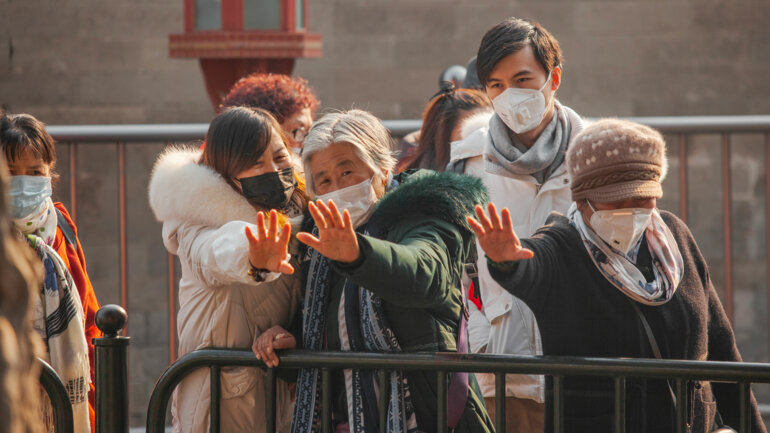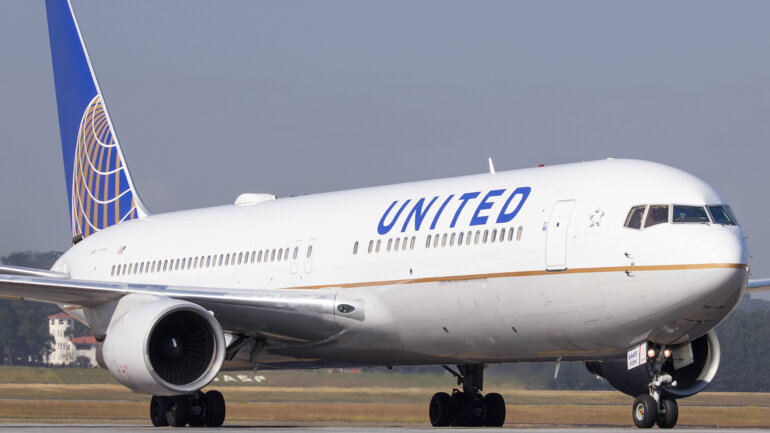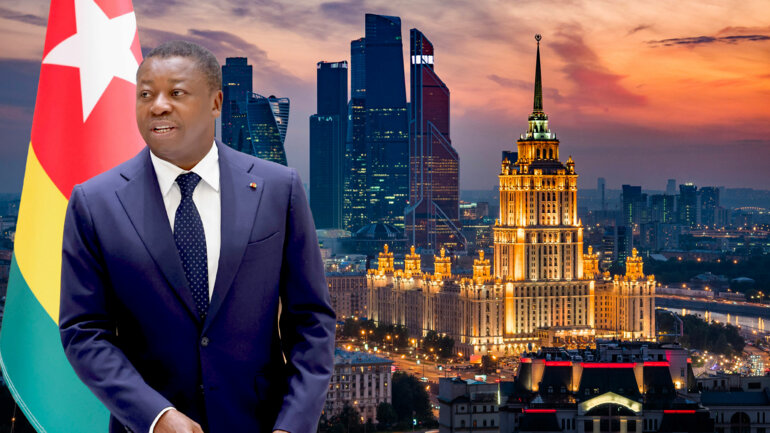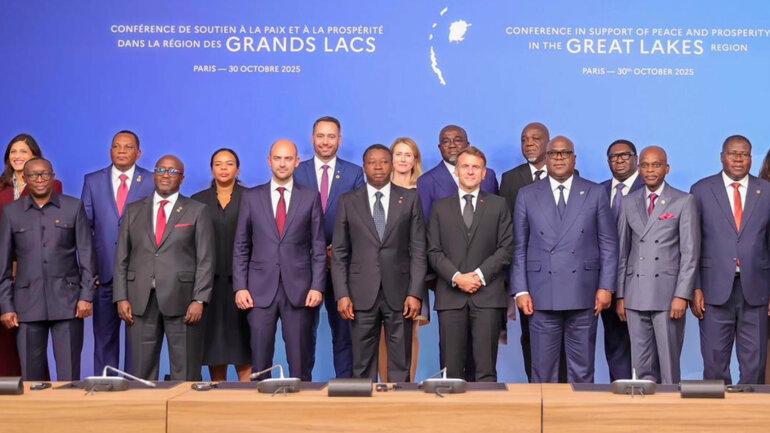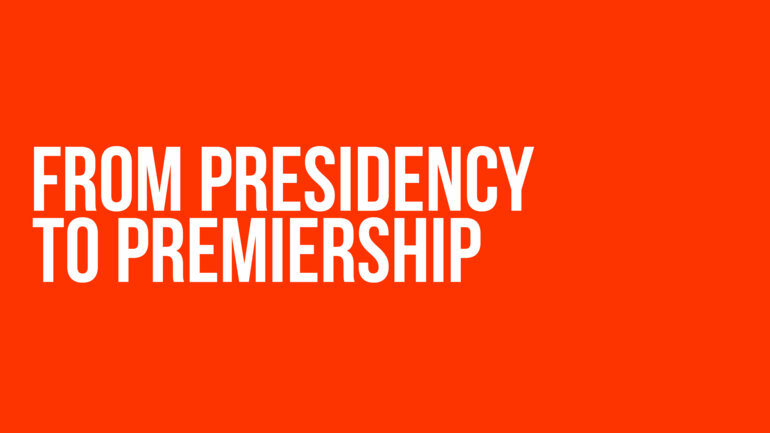
- Diplomatie
Africa wants to be more uninhibited in its international relations
The first ministerial conference of the African Political Alliance (APA) will take place on May 3 at the 2 Fevrier hotel in Lome.
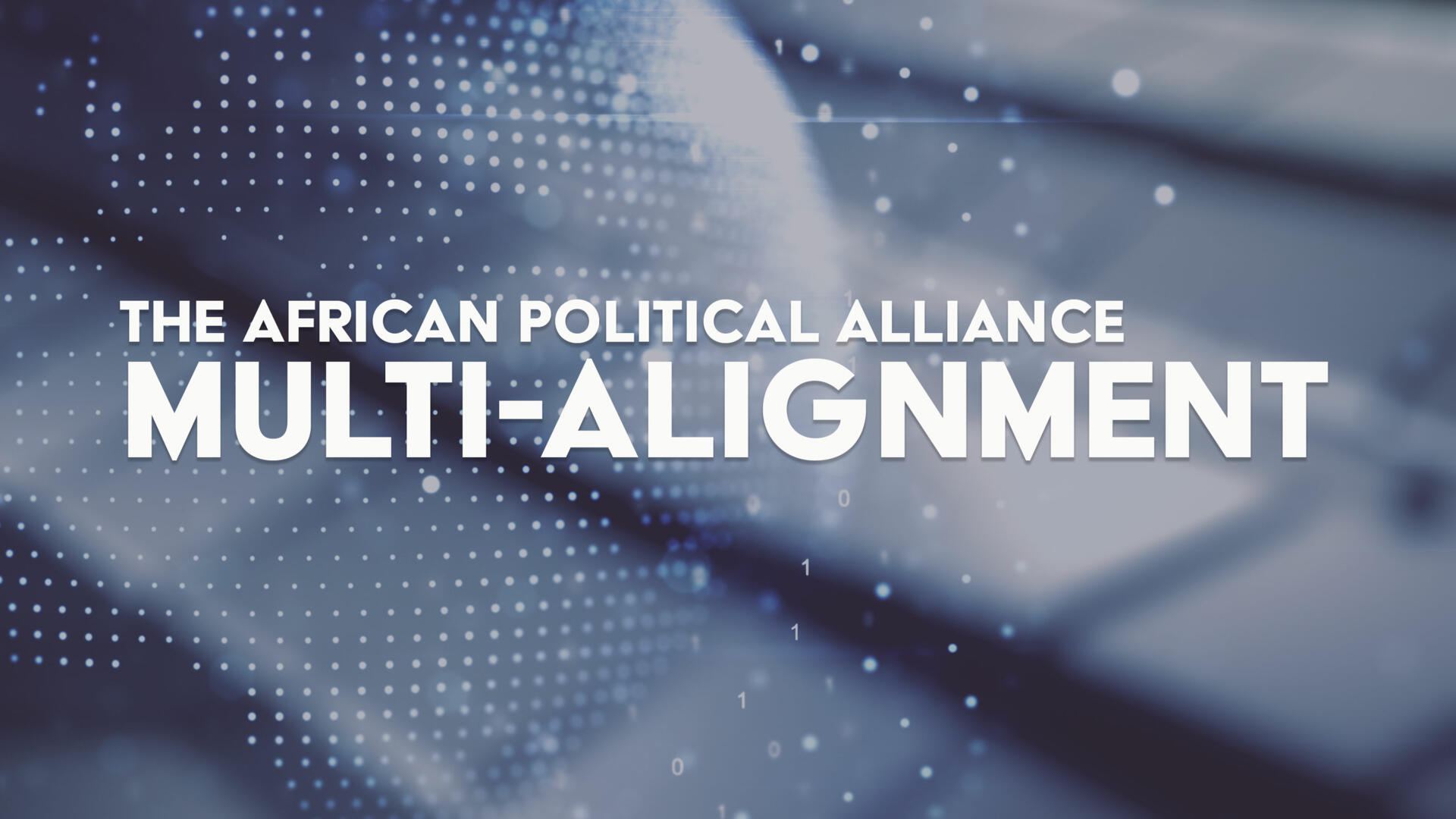
The first ministerial conference of the African Political Alliance (APA) will take place on May 3 at the 2 Fevrier hotel in Lome.
The current situation in Africa is that of an underrepresented continent whose voice is often unheard on the international stage.
Nothing much has changed since the period of independence. Africa needs to improve its representation in multilateral international institutions and participation in global governance, as well as becoming a major geopolitical force that exercises and assumes its responsibilities and African positions on the international stage in a thoughtful and strategically oriented approach.
To address this challenge, Togolese officials have decided to launch the APA, an informal framework for cooperation that will bring together countries sharing the ideals of pan-Africanism and determined to work for a politically strong, independent, uncomplexed, and non-aligned Africa.
During the Cold War, the world was divided between East and West. The Eastern bloc, sometimes called the communist bloc, included the former USSR and the states located to the east of the European continent. The states that were part of the Atlantic bloc were in the West, with NATO member states and states that were close to it. Those who refused to choose between these two blocs created the non-aligned movement, led by countries such as India, Indonesia, Yugoslavia, and Egypt.
But alongside this East-West strategic and ideological divide, there was a North-South divide that reflected the concept of a New International Economic Order, a term launched at the UN in 1974 to highlight the need for a rebalancing of economic relations between the North and the South, taking into account the demands of the Third World.
In the 1970s, the countries in the North were rich and the countries in the South were poor. These two worlds needed to be brought together. And, from then on, in the intrinsically polarized world of the Cold War, the distinction between the four cardinal points (East-West and North-South) was relatively clear.
There is nothing like this today. These oppositions are either historically dated or of little relevance to the distribution of wealth in the world today.
Geopolitically speaking, in 2023, the world is facing a form of rivalry between an enlarged South, with emerging powers, and a shrinking West that is losing influence.
There are also wealthy countries in the South, very wealthy. Saudi Arabia or Qatar are excellent examples. And in the so-called Western world, there are non-Western countries like Japan and South Korea.
Today, the term "global South" is being used. The term has suddenly emerged in current affairs debates in the wake of the abstention of around 40 Southern states in the UN General Assembly votes condemning Russian aggression in Ukraine in 2022. It corresponds to a new reality of international relations, marked by the end of bipolarity.
Now, Southern countries modulate their international positions based solely on their own interests, rather than aligning themselves with one bloc or another.
The global South is a term often used to identify the regions of Latin America, Asia, Africa, and Oceania.
As such, the term does not intrinsically refer to a geographical South, but is claimed by Southern states as a rallying sign. Like the dominated who band together against the dominant.
The diplomatic translation of the global South is what is now called multi-alignment. This involves orienting foreign policy solely based on national interests. This is the position of Togo, which was reiterated on Thursday in a TV interview of President Faure Gnassingbé.
A fluid diplomacy or ‘A la carte diplomacy’ that leads African countries to make specific agreements with third countries according to their needs.
The philosophy of the African Political Alliance is therefore to bring together African nations that share the same ideals.

